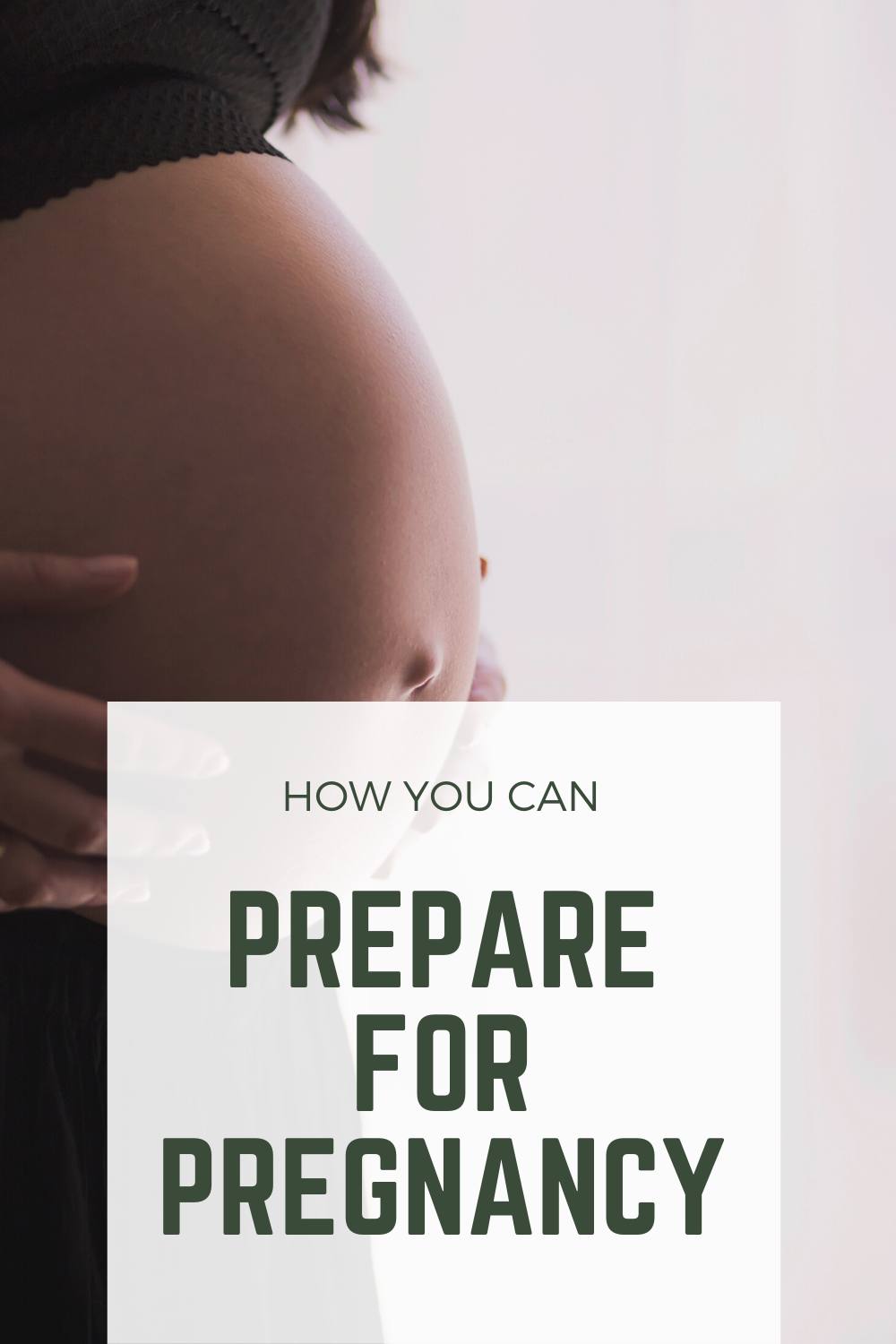
Pregnancy is a wonderful time in many women’s lives, but it can also be daunting. Where do you start preparing for pregnancy and what should you expect during the pregnancy trimesters? There are practical preparations that need to be made before pregnancy occurs. But financial planning and nutrition needs also need to be considered.
Financial Planning
- Research what’s needed financially before pregnancy occurs – things like maternity leave time off from work or paying extra health insurance premiums when pregnant. Don’t forget to consider the cost of diapers, formula, and daycare if needed. It can be more expensive than you may think.
- If you haven’t purchased a life insurance policy, make sure you have one in place. This is an important step to make sure your family has this safety net in place if anything should happen. And it does wonders for peace of mind. When browsing policies and plans, look for life insurance with no medical exam. Not needing a medical exam to get a life insurance policy makes things much easier.
- It is important to set financial plans in place BEFORE pregnancy occurs. Pregnancy is something to factor into financial plans, too. There are medical bills, maternity clothing costs, and buying baby necessities.
Practical Preparations for Pregnancy
- Many women will want to start taking prenatal vitamins during the first trimester. This helps ensure your body is getting what it needs to support a growing baby and keep you healthy too! It is an even better idea to take prenatal supplements for a few months prior to getting pregnant. You don’t know you are pregnant until you are a month along so ensuring you are not deficient in any is a good idea. Some doctors may also recommend that you take folic acid supplements – look into this with your doctor, as recommended dosages vary.
- Doctors often recommend that women wait a few months from their last birth control pill before getting pregnant so you have a good sense of your cycle. This is to give the woman’s body time to adjust, too.
- You may want to start preparing your home by clearing out a room and space for the baby things.
- Make sure all of your household members are aware that a baby will be joining the family in nine months and what this means for everyone involved. For example, talk about who is responsible for certain chores like cooking dinner. That way everyone is on the same page.
- Consider preparing for your postpartum needs, too. Prepare things like a postpartum belly wrap for exercise, gym clothes, new trainers, and dietary supplements to help you get your body on the right track to good health for yourself and your baby.
Pregnancy Trimesters
Each pregnancy takes place in three equal parts called “trimesters.” The pregnancy trimesters mirror each other in many ways. However, some significant differences between them need to be noted. The pregnancy process starts with conception and continues over nine months until birth occurs. A woman typically carries a fertilized egg inside her uterus for about 40 weeks before giving birth at full term (38 or 39 completed weeks). This means that most pregnancies consist of 9 total calendar months divided into three periods of three calendar months each.
Image Credit- The pregnancy trimesters are typically broken down into three phases: the first phase starts at week one until weeks 12 to 13; the second phase from weeks 14 to 27, and the third phase from week 28 until birth (usually around 40 weeks).
- You will have at least one ultrasound during your pregnancy that will look for any possible abnormalities or other health risks in your baby. If there is a problem found, you may need more frequent prenatal visits with specialists and ultrasounds as well as potentially having amniocentesis done – this can be discussed with your doctor about when it’s appropriate!
- It is important to know what kind of pregnancy symptoms you’re experiencing so that if anything changes quickly, like decreased fetal movement or a pregnancy-related symptom, you can call your doctor to get checked out.
Nutrition During Pregnancy
During pregnancy, it is important to eat as healthy as you can. That means more fruits, vegetables, whole grains (like oatmeal), seafood (such as salmon), and lean cuts of meat such as chicken breast or turkey. You should also make sure to get plenty of fluids – water and non-caffeinated beverages are best. It is wise to avoid processed foods, fast food, carbonated drinks (such as soda), or sweets in pregnancy so that you can give your baby a healthy start!
Nutrition After Pregnancy
After pregnancy, you will need more proteins such as seafood, chicken breast or turkey, and vegetables. You need to make sure you get enough calories especially if you are nursing. Did you know you actually need more calories when nursing than when pregnant? Discuss with your doctor what diet you should have post pregnancy to help you recover.
Image CreditMost importantly, a healthy pregnancy should be accompanied by a sense of excitement and joy with the anticipation for the arrival of your baby! It’s important to remember the psychological aspects of pregnancy to prepare yourself emotionally as well!







